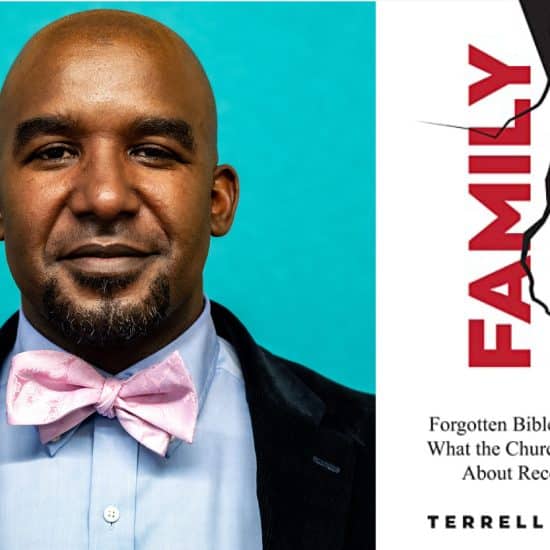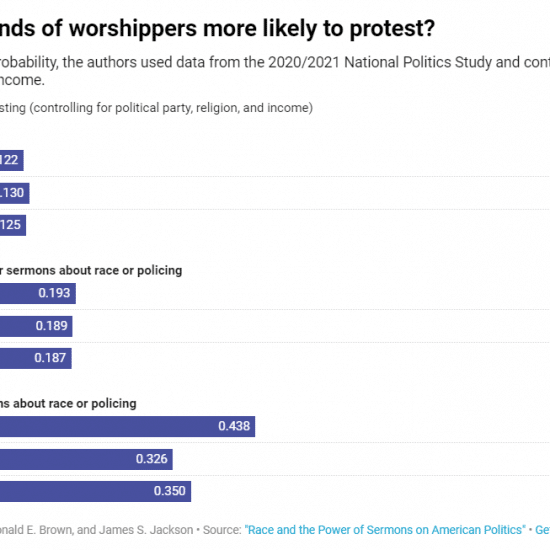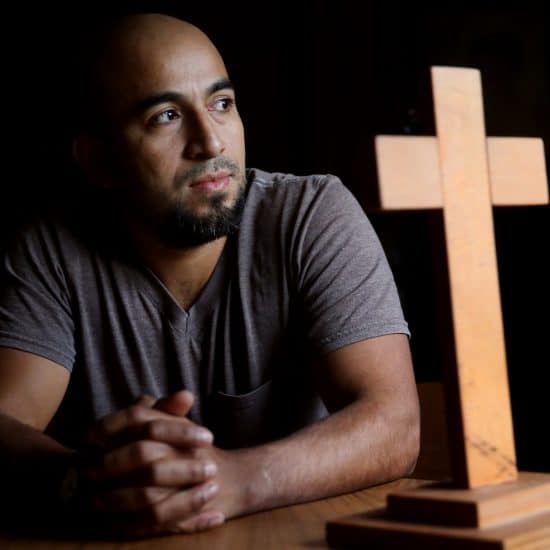Urging churches to provide adequate financial care for their pastors, other ministers and staff members during less-than-stellar financial times might seem a stretch. After all, gifts to many churches are down even as members struggle with unemployment and, in other cases, less disposable income.
Under such circumstances, what is a church to do?

Bill Webb
|
The other side to that coin is that the families of ministers and other church staffers are struggling, too, and probably could use upward adjustments in income and assurance that basic protections like insurances, retirement plans and basic expenses to do ministry are protected. Much has been written these days about the challenges of providing health care. Various agencies like Southern Baptists’ Guidestone Financial Resources, the Ministers and Missionaries Benefit Board and the Cooperative Baptist Fellowship’s Church Benefits Board are reliable places for churches to gather updated information and peruse various plans.
The health insurance landscape is a bit murky and very daunting right now but individuals and families are at increasing financial peril without health protection. Some surgeries and treatment for certain conditions have the potential of wiping out a family’s financial resources and creating long-term indebtedness.
For a church, health care is a humane benefit. Health care protection has become that important. Providing health care insurance that affects family members from birth to senior years is equally critical. A congregation can manage insurance premiums for its staff much easier than staff members can manage them on their own at wages most churches are able to pay.
Another protection is one that, if managed properly, can result in ministers and their spouses retiring and living their lives with a certain dignity. It is not easy for a young adult to set aside 8 to 10 percent of his/her income into a retirement account and maintain that level for 35 or 40 years — until retirement.
Again, most congregations can do this more easily than can an individual at any age. Churches can at least make some regular contribution, even at a lesser level, to help its staff members think about and anticipate the approach of their most productive work years, preferably years before it is needed.
Obviously, the benefit of compounded earnings makes starting this process early in working years extremely beneficial for the eventual recipient.
When it comes to resources for actually doing ministry, ministers are often like many schoolteachers — public and private. These dedicated instructors bring to the classroom resources they must buy out of their own pockets to enhance learning for their little charges.
Pastors and other ministers often do the same. Some do a good bit of travel to make hospital calls in not only one community but several, and they pump expensive gasoline into their vehicles without the benefit of reimbursement or some level of help to offset the cost. They are on call to run here and there to minister to members and others in the community.
Some churches have discovered the value of providing an allowance for materials for Bible study and sermon preparation for pastors and appropriate resources for other ministers to help them fulfill ministry potential. Usually, these allowances are not large but they can make a difference in ministerial morale and in the quality of a minister’s service.
Finally, an annual evaluation of salaries and needs for salary adjustments is a good exercise for any congregation with input from the personnel and budget planning committees. Such study may not result in an annual increase but to ignore assessing the needs and considering what might be done in both the short-term and the long-term can be critical.
Consideration of all the above says something to a church staff. The mere consideration communicates to staff members the church values them and their service to the congregation and to each other.
If indeed the worker is worthy of his hire, congregations would do well to acknowledge the fact and do their best to be fair and generous. Decisions will best involve the staff members themselves to help decision-makers know the unique circumstances of each person.
Making these provisions may not be glamorous or even easy, but it is still the Lord’s work.
Bill Webb is editor of Word & Way.






